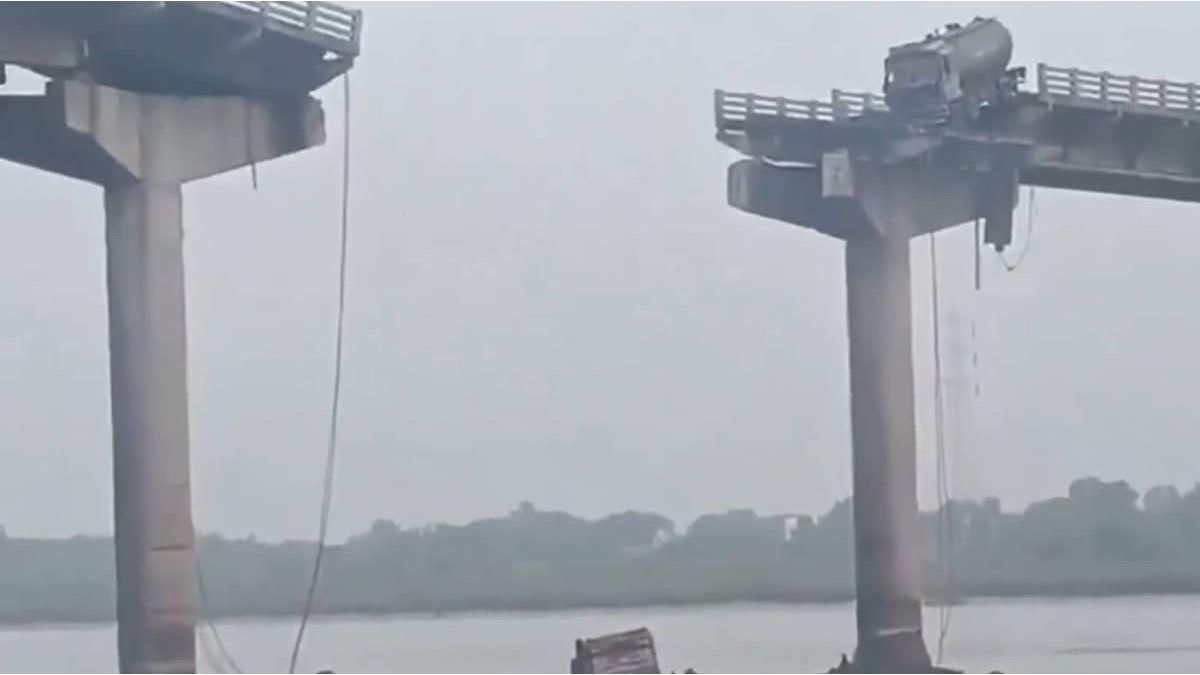The Russian embassy in Paris asked the French authorities for clarification, said an embassy spokesman. The merchant ship left Rouen and was then accompanied by several French boats to Boulogne-sur-Mer. The French customs determine whether it is actually a violation of sanctions.
In the past few days, the European Union had passed a comprehensive package of sanctions that, among other things, freeze the assets of Russian President Vladimir Putin and his Foreign Minister Sergey Lavrov.
EU sanctions in force as of today
The new EU sanctions against Russia have been in force since Saturday. This emerges from legal acts that were published in the EU Official Journal during the night. The punitive measures enacted because of the Ukraine war are intended to cause considerable damage to the country and its economy. They affect the financial, energy and transport sectors, but also President Vladimir Putin and Foreign Minister Sergey Lavrov personally. In the evening, the USA and Canada also followed suit.
In addition to Putin and Lavrov, the US sanctions also affect Defense Minister Sergei Shoigu, the head of the domestic secret service FSB, Alexander Bortnikov and other leading government officials. “It is exceptionally rare for the Treasury Department to impose sanctions on a leader. President Putin joins a very small group that includes despots like Kim Jong-un, Alexander Lukashenko and Bashar al-Assad,” the US official said. Ministry of Finance.
US: Hold Russia “accountable”
Treasury Secretary Janet Yellen said the US government is holding Russia “accountable for the brutal and unprovoked attack on the Ukrainian people.” At almost the same time, Canadian Prime Minister Justin Trudeau announced personal sanctions against Putin and Lavrov. “This goes directly against President Putin’s considerable personal wealth,” he said. EU Council President Charles Michel announced further punitive measures even before the sanctions package came into force.
Moscow threatens retaliation
Moscow threatened the West with retaliation. “It goes without saying that retaliatory measures will follow,” Kremlin spokesman Dmitry Peskov said in Moscow on Friday. “How symmetrical or asymmetrical they will be will depend on the analysis of the restrictions” imposed on Russia. Foreign Ministry spokeswoman Maria Zakharova, herself already subject to EU sanctions, described the actions against Putin and Lavrov as an expression of “absolute impotence” on the part of the West. “Who are you going to talk to?” she asked, recalling that Russia is a nuclear power.
In view of the Russian invasion, the USA, Canada and Japan had also tightened their sanctions against Moscow. These include travel restrictions, restrictions on access to financial markets, and export bans on certain goods, including high-tech products and computer chips.
According to the summit declaration, the new EU sanctions affect not only the areas of finance, energy and transport, but also the export of dual-use goods that can be used for civilian and military purposes, as well as the issue of visas and a number of “Russian individuals”. The detailed package of sanctions was prepared by the EU Commission and still has to be formally approved by the EU Council of Ministers. This is supposed to happen on Friday.
Schallenberg: “A unique step in history”
The sanctions against Putin and Lavrov are “a unique step in history,” said Foreign Minister Alexander Schallenberg (ÖVP) on Friday afternoon. However, it was initially unclear whether Putin and Lavrov actually have any assets in the EU that could be frozen. If not, the measures would only be of a symbolic nature. The Russian foreign ministry spokeswoman Zakharova wrote on Telegram in the evening that Putin and Lavrov had no accounts in Great Britain or overseas. The EU has waived visa bans for the two in order to keep the door open for diplomatic negotiations.
Schallenberg defended the EU against criticism from Ukraine that the Union was doing too little. Putting together a “massive package of sanctions” within three days was “not without”. One must “unfortunately assume that we have not yet seen the end of the escalation and violence in Ukraine,” emphasized Schallenberg. “There is another form of increase – but what we have done now will be very noticeable for Russia.”
Exclusion from “SWIFT” currently not fixed
“We are hitting the Putin system where it needs to be hit: not just economically and financially, but in the core of his power,” affirmed German Foreign Minister Annalena Baerbock. “That’s why we don’t just list oligarchs, that’s why we’ve not only listed numerous members of parliament, but we’re now also listing the president, Mr. Putin, and the foreign minister, Mr. Lavrov.”
An exclusion of Russia from the banking communication network SWIFT and export bans on natural gas, for example, are not initially planned. However, it is considered quite possible that there will be an exclusion from SWIFT at a later date and that Russia itself will stop supplying the EU with natural gas. According to the EU Commission, the Russian state-owned company Gazprom has so far supplied around 40 percent of the gas consumed in the EU.
The EU has so far been at odds over Russia’s exclusion from SWIFT. While the Baltic states, among others, are insisting, Austria, Germany, Italy and France, for example, reacted cautiously for the time being. However, at a meeting of the National Security Council on Friday, Austria’s government declared its willingness to agree to a SWIFT exclusion for Russia if there was an agreement on this at EU level. France also signaled approval on Friday after massive criticism from Kiev. On the other hand, German Foreign Minister Annalena Baerbock warned of “massive collateral damage” from such measures and specifically stated that if SWIFT were excluded, energy imports from Russia would no longer be possible. You shouldn’t “choose instruments that Putin would end up laughing at because they hit us much harder,” said Baerbock.
On Sunday afternoon (3 p.m.), the EU interior ministers, including department head Gerhard Karner (ÖVP), want to meet in Brussels. At the special session, “concrete answers to the situation in Ukraine” will be discussed. Because of the war in Ukraine, the United Nations is preparing for up to four million refugees from Ukraine if the situation continues to deteriorate. The EU energy ministers will then meet in Brussels on Monday afternoon (also at 3 p.m.). Energy Minister Leonore Gewessler (Greens) discusses security of supply with her EU counterparts.
Source: Nachrichten




